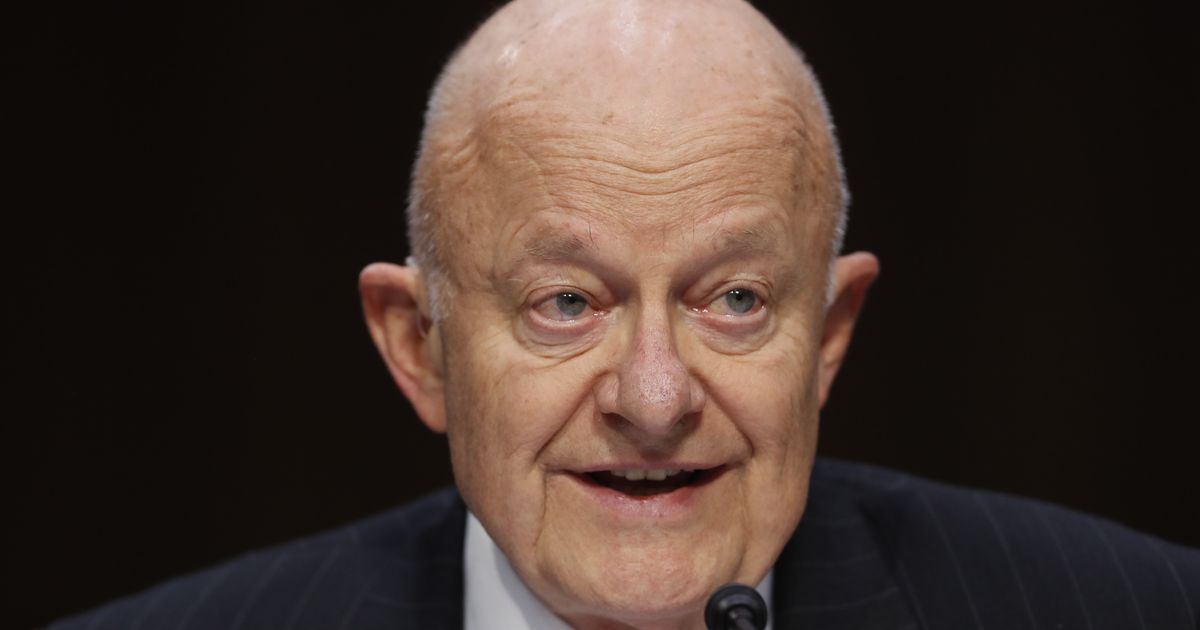Key takeaways:
- The ruble reached a 14-month low against the dollar and major equity markets were agitated after an aborted weekend mutiny in Russia.
- The rebellion was led by Yevgeny Prigozhin, the chief of Russia’s Wagner mercenary group, who had threatened to topple Russia’s military leadership.
- The Kremlin’s agreement with Prigozhin appears to have ended the rebellion for now, though James Clapper, the former U.S. director of national intelligence, said it appears “fishy”.
On Monday, the ruble reached a 14-month low against the dollar and major equity markets were agitated after an aborted weekend mutiny in Russia. The mutiny was led by Yevgeny Prigozhin, the chief of Russia’s Wagner mercenary group, who had threatened to topple Russia’s military leadership and unleashed a long series of videotaped remarks.
The rebellion, which lasted less than 24 hours, saw Prigozhin’s forces taking control of the Russian military headquarters in Rostov-on-Don, which oversees fighting in Ukraine. Prigozhin then advanced his forces toward Moscow before pulling back Saturday after the Kremlin made an agreement to send Prigozhin to Belarus, and pardon him and his soldiers.
The agreement was brokered by Belarusian leader Alexander Lukashenko, and Dmitry Peskov, the Kremlin’s spokesperson, said the government was “grateful” to Lukashenko for his role in the deal.
However, James Clapper, the former U.S. director of national intelligence, said Sunday that the Kremlin’s deal with Prigozhin appears “fishy.” Clapper did not elaborate further on his opinion.
The aborted mutiny has raised concerns about stability in the nuclear-armed country. It is unclear what the long-term effects of the incident will be, but the Kremlin’s agreement with Prigozhin appears to have ended the rebellion for now.



Be First to Comment